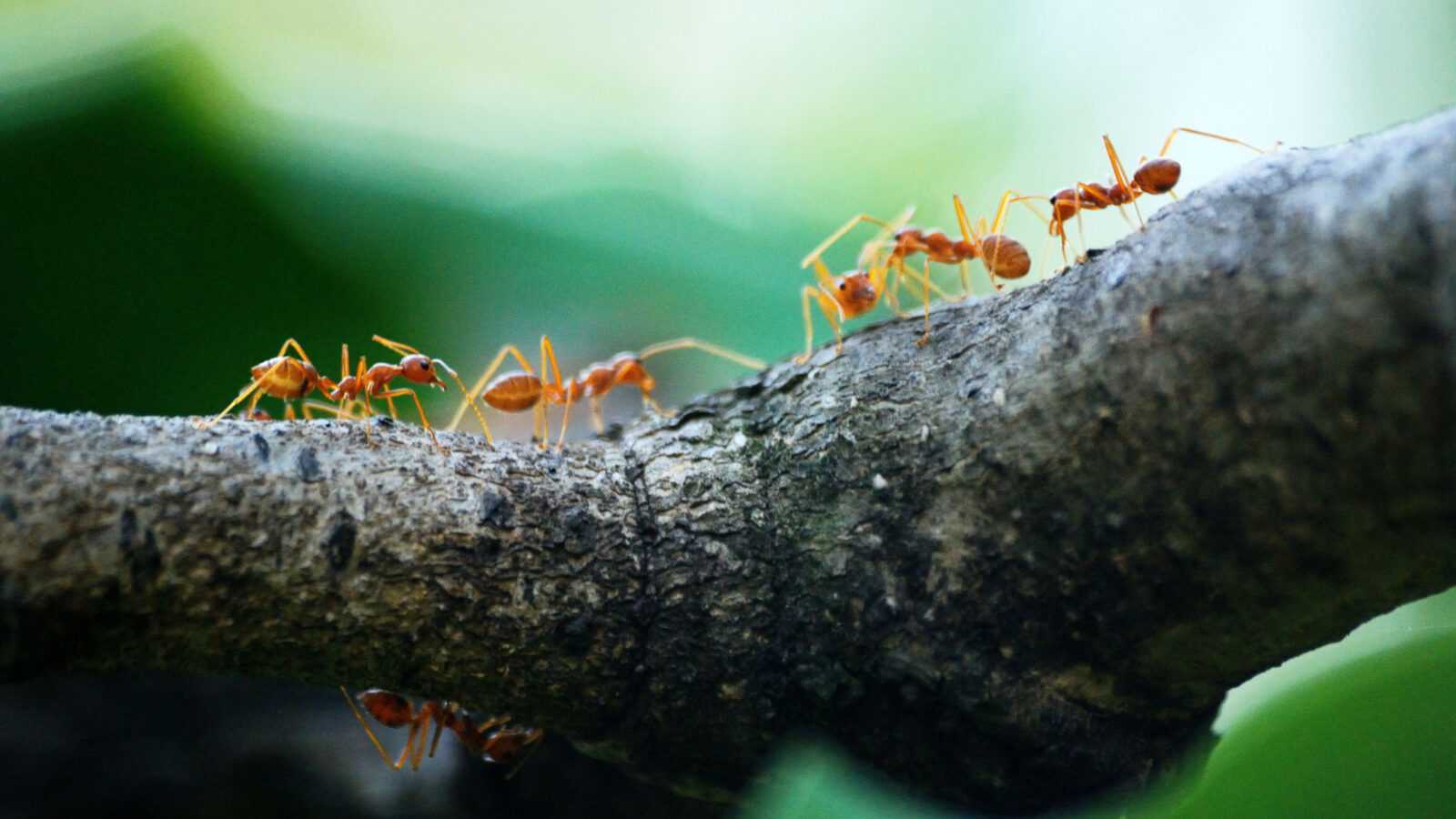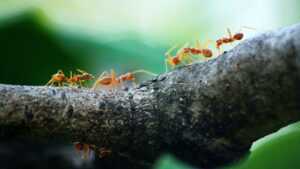Do you dream of your own ant farm? How to convince you to do so?


Choosing a gift for a child is a difficult and very responsible matter. Certainly, every parent takes a long time to think what will please the child the most? A designer and individually made remote-controlled car, or another interesting toy or a telephone? Or maybe … an ant farm? Along with the development of interest in ants, more and more children began to dream about ants, about their true civilization, which could be put on a table or on a shelf and watched this beautiful world every day. It is something different and unusual than a cat or a dog, and yet it develops responsibility and care in children.
Some parents still remember the days when there were bugs, cockroaches and, of course, ants in their homes. They attacked and penetrated everywhere, “uninvited guests” lived and multiplied in every corner. The famous “pharaoh ants” (Monomorium pharaonis) served as involuntary spices for all dishes, because these little creatures “visited” grocery stores to find food. Even the tea was made with the ants, because they filled the sugar bowl with tens, and with sugar they landed in There are also garden ants, how do they survive in the country? The simple ones harm people, make nests for themselves, eat raspberry bushes and strawberry plants, at the same time they produce their favorite aphids, causing currant stems and leaves to twist … , ants are real pests! Therefore, the desire of children to have ants at home is often shocking to adults, but are these unusual animals so dangerous that they are not worth having?
1) “All ants are the same, they are pests.”
There are over 14,000 species of ants in the world, inhabiting various regions. As a result of human activities, ants are increasingly encountered, but the damage done by ants is not comparable to the harm we do to them. Draining water reservoirs, deforestation, plowing the steppes, the use of chemicals – all this negatively affects the fauna of the world. Indeed, there are harmful species of ants that kill agricultural plants by growing aphids, cicadas, worms, and other trophobionic insects on them. These are the problems of agronomy, this does not apply to “breeding domestic ants.”
Ants-pests are not recommended for breeding in the formicarium. Along with the ant farms, only those ants that cannot harm you, your children, your home and garden are sold.
2) “Ants are always looking for a way to escape.”
For many years, the ants and their lives have been studied to see how they create their “dwellings”. These studies helped to create artificial apartments in which conditions are as close to natural as possible. Home-raised ants from their mother or initial colony do not realize they are in captivity. They work, hunt, learn new items, care for their mother and larvae, just like in nature. By removing partitions on their farm and increasing the living space available to ants, we solve the problem of the lack of space due to which they could look for new housing. Tubes connected to special openings in the formicarium have also been designed for this purpose, ensuring safe transfer of animals from one farm to another. Ants do not try to escape if they are under optimal conditions.
But there are also species that have a much greater need for food, that is, are more hungry than other individuals. Their families grow to large numbers of workers, and the stronger and larger the colony, the more food it needs. To find food, ants decide to leave the nest by gnawing at the seams of the formicarium, finding cracks, or leaving the arena where they most often look for food.
To prevent this, our designs do not have seams glued with an airtight seal and the arenas are closed with lids. If that’s not enough to stop an ant attack, use the ant barrier. However, most importantly – feed your ants well, then they will not want to leave a good place.
3) “If at least one ant escapes, it will immediately make an anthill in the apartment.”
At the head of the ant community is always the mother, known as the queen or foundress.
Even though all working ants are female and can lay eggs, they cannot reproduce. The eggs are either male or not, and the larvae are fed. In more home-grown species, a working ant cannot survive without companionship, much less establish a new ant colony. It is worth knowing that the living conditions in the formicarium differ in terms of the conditions in the natural anthill, namely, it is about moisture, that is, the humidity in the anthill is higher than in the artificial conditions. Therefore, the normally escaping ant usually dies or returns home if it chooses to do so.
4) “It is very difficult to keep ants; the baby cannot handle it.”
Ants sold as a population for an ant farm are selected from the most unpretentious. Most often these are reapers (Messor structor), which are able to survive with minimal care: you just need to moisten your home for a while, and also give them food – dry seeds. They can thrive completely without animal protein in their daily diet, but it’s important to remember that it is still needed for better growth. Ants are able to give up lean meat, eggs and other forage insects for a long time. Of course, the younger the child, the more difficult it is for him to master all aspects of ant farming on his own, so first, the parent or adult has to spend some time on an ant farm. But in fact, even elementary school students do a great job of breeding (they usually get the idea to get formicaria because they are trendy and fun!).
So, a home ant farm is a completely safe gift that does not require complex care. But be careful: there have been many cases when, having obtained formicaria for a child, the parents themselves “got sick” of ants, because it is extremely interesting!

